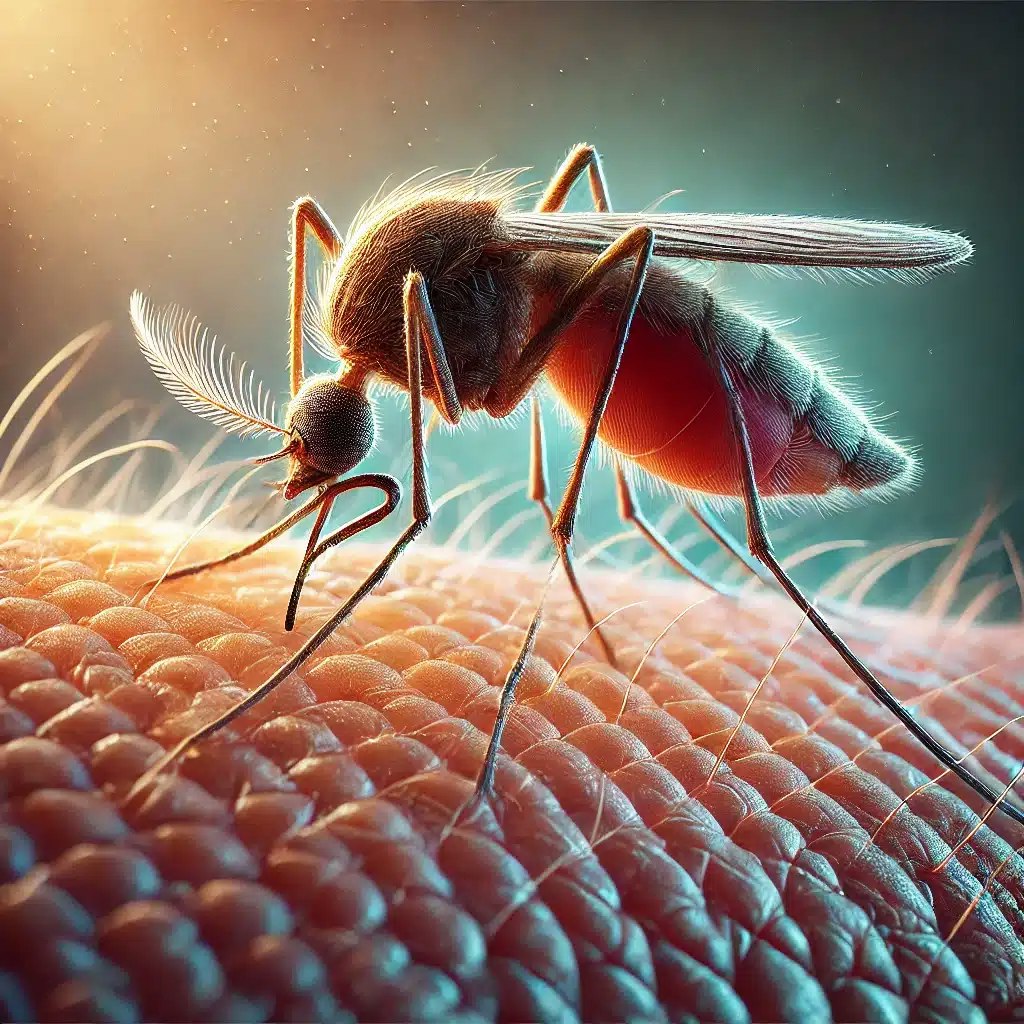A New Tool in the Fight Against Mosquito-Borne Diseases

With vector-borne diseases accounting for more than 17% of global infectious diseases and over 700,000 deaths annually, researchers are turning to innovative strategies to combat the threat. Enter MosAIC (Mosquito-Associated Isolate Collection), a groundbreaking initiative designed to uncover the secrets of mosquito microbiomes.
This collaboration between researchers in the U.K. and U.S. has created the first large-scale repository of mosquito-associated microbiomes. The project catalogs bacterial isolates from mosquitoes and their environments, providing whole-genome sequencing data for researchers worldwide. By better understanding how bacteria in mosquito microbiomes affect the insects’ ability to spread viruses like malaria, dengue, and Zika, scientists hope to develop novel methods of disease control.
With insecticide resistance on the rise, microbiome manipulation offers a promising alternative. The MosAIC project has already expanded our knowledge of mosquito-associated bacteria, increasing the number of available bacterial genomes from 35 to 392. This research aims to reveal how bacterial diversity influences mosquito health and transmission capabilities, potentially unlocking new strategies for controlling mosquito populations and reducing disease spread.
As the climate crisis expands mosquito habitats globally, initiatives like MosAIC are critical for tackling one of the most pressing global health challenges. By leveraging the natural diversity of bacteria, scientists may soon harness microbiome-based solutions to prevent mosquito-borne diseases.
